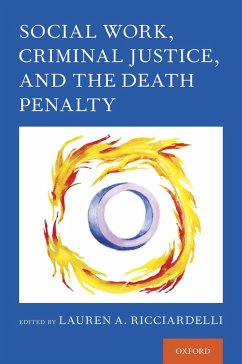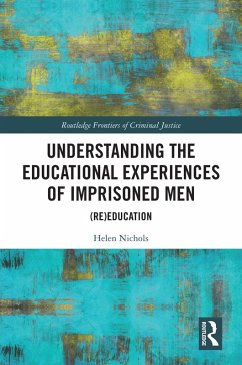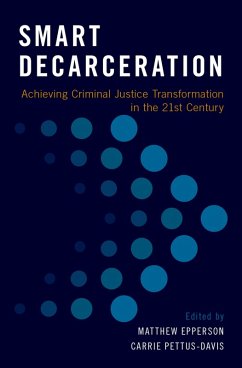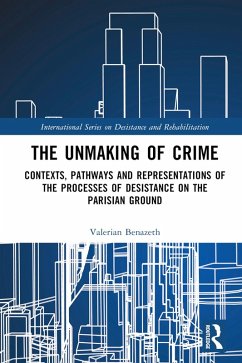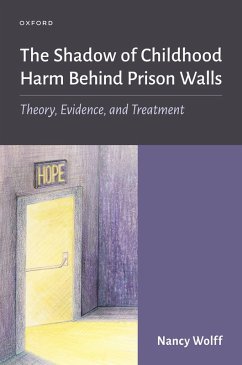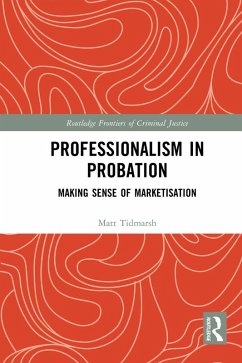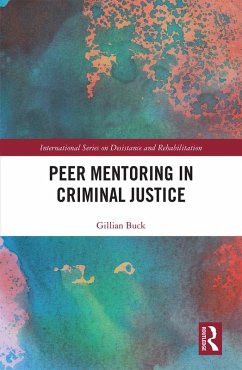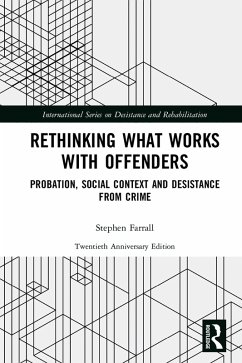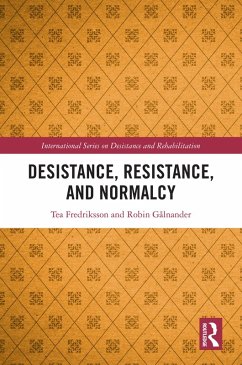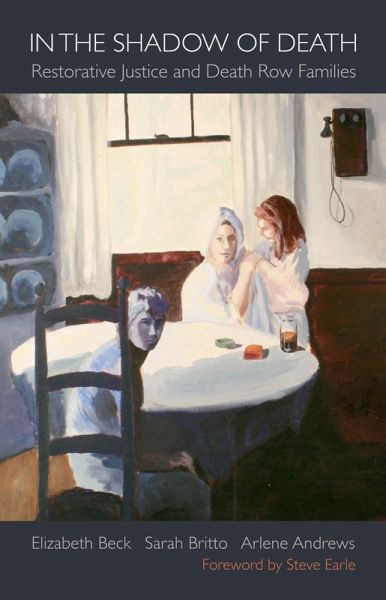
In the Shadow of Death (eBook, PDF)
Restorative Justice and Death Row Families
Versandkostenfrei!
Sofort per Download lieferbar
8,95 €
inkl. MwSt.
Weitere Ausgaben:

PAYBACK Punkte
4 °P sammeln!
The press called Martin's actions a "crime spree." Already convicted of armed robbery, Martin was facing the death penalty. In less than two weeks the jury would decide his fate. Terrified that his son would be sentenced to die, Phillip did the only thing he felt he could do: in an act of faith and desperation in his garage with the car exhaust running, Phillip made the consummate sacrifice to spare his son the ultimate punishment. Ironically, his suicide presented Martin's with another chance at life; the jury, moved by Martin's loss, spared his life. Phillip's story-like those of the other p...
The press called Martin's actions a "crime spree." Already convicted of armed robbery, Martin was facing the death penalty. In less than two weeks the jury would decide his fate. Terrified that his son would be sentenced to die, Phillip did the only thing he felt he could do: in an act of faith and desperation in his garage with the car exhaust running, Phillip made the consummate sacrifice to spare his son the ultimate punishment. Ironically, his suicide presented Martin's with another chance at life; the jury, moved by Martin's loss, spared his life. Phillip's story-like those of the other parents, siblings, children, and cousins chronicled in this book-vividly illustrates the precarious position family members of capital offenders occupy in the criminal justice system. At once outsiders and victims, they live in the shadow of death, crushed by trauma, grief, and helplessness. In this penetrating account of guilt and innocence, shame and triumph, devastating loss and ultimate redemption, the voices of these family members add a new dimension to debates about capital punishment and how communities can prevent and address crime. Restorative justice theory, which views violent crime as an extreme violation of relationships; searches for ways to hold offenders accountable; and meets the needs of victims and communities torn apart by the crime, organizes these narratives and integrates offenders' families into the process of transforming conflict and promoting justice and healing for all. What emerges from hundreds of hours' worth of in-depth interviews with family members of offenders and victims, legal teams, and leaders in the abolition and restorative justice movements is a vision of justice strongly rooted in the social fabric of communities. Showing that forgiveness and recovery are possible in the wake of even the most heinous crimes, while holding victims' stories sacred, this eye-opening book bridges the pain of living in the shadow of death with the possibility of a reparative form of justice. Anyone working with victims, offenders, and their families-from lawyers and social workers to mediators and activists-will find this riveting work indispensable to their efforts.
Dieser Download kann aus rechtlichen Gründen nur mit Rechnungsadresse in A, B, BG, CY, CZ, D, DK, EW, E, FIN, F, GR, HR, H, IRL, I, LT, L, LR, M, NL, PL, P, R, S, SLO, SK ausgeliefert werden.




